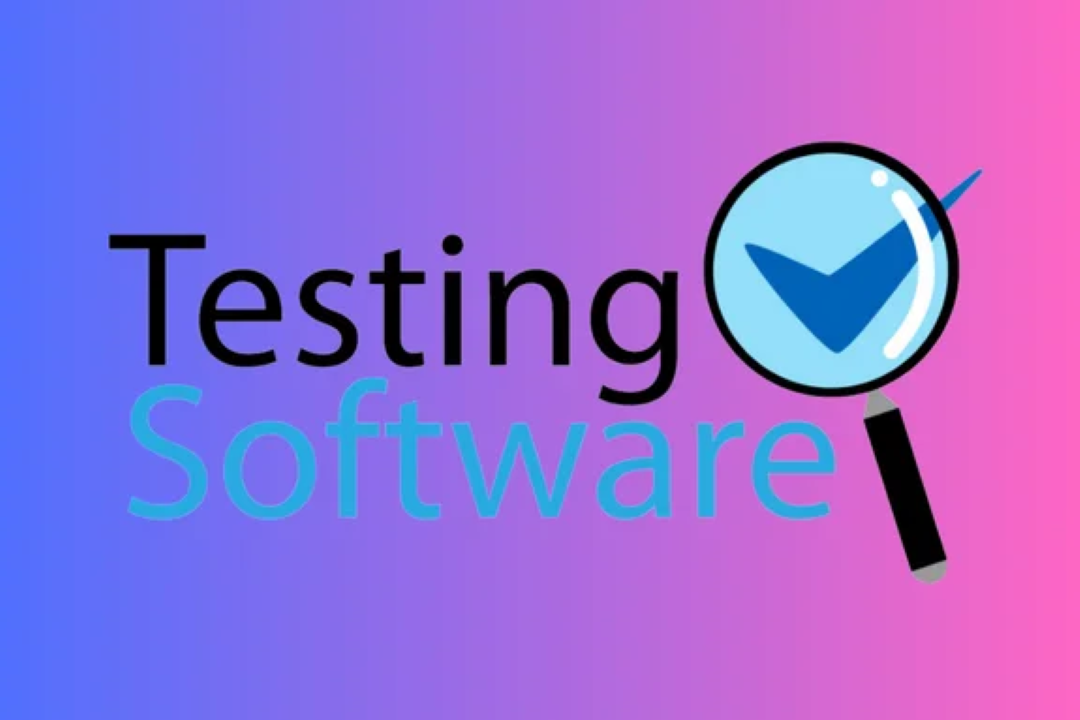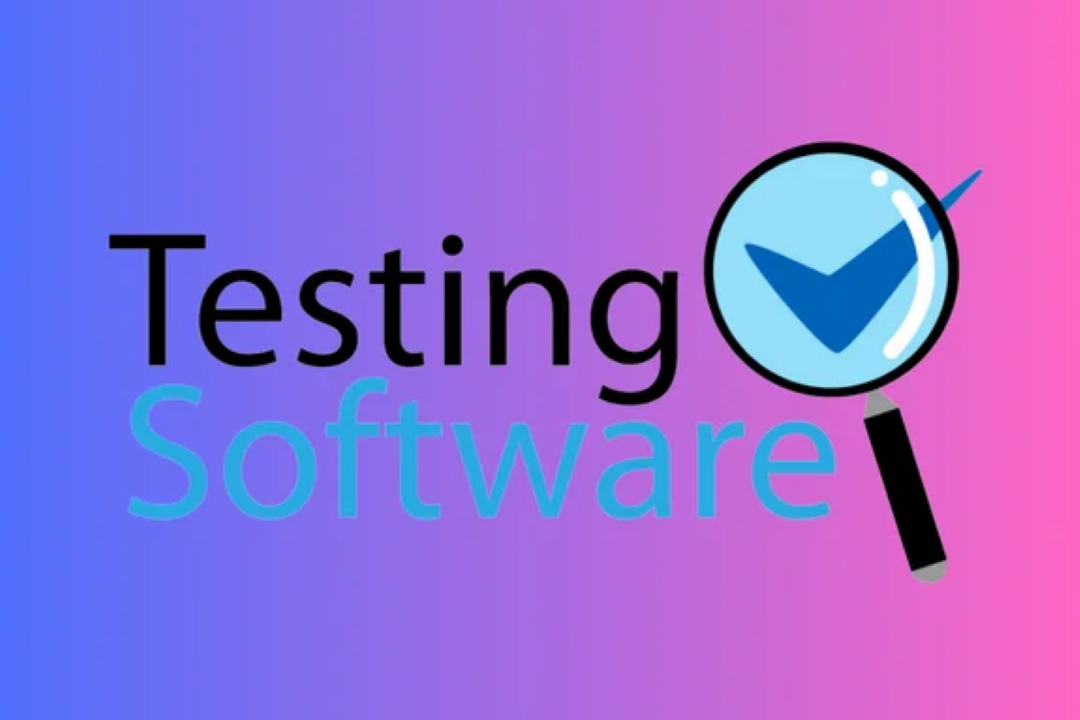Seed Infotech Selenium Course
The Seed Infotech Selenium Testing Course is a comprehensive program that focuses on teaching partic
Seed Infotech Selenium Course
The Seed Infotech Selenium Testing Course is an invaluable resource for those looking to enhance their skills in automated software testing. It is designed to provide participants with a deep understanding of the Selenium framework, enabling them to efficiently test web applications. By focusing on real-time projects and practical examples, the course facilitates hands-on experience, making learners industry-ready. This certification not only enhances your knowledge but also significantly boosts your employability in the growing field of software testing, where automation skills are highly sought after. With the course's comprehensive coverage of essential testing concepts and tools, participants can confidently tackle challenges in real-world testing scenarios.
To Download Our Brochure: https://www.justacademy.co/download-brochure-for-free
Message us for more information: +91 9987184296
The Seed Infotech Selenium Testing Course is an invaluable resource for those looking to enhance their skills in automated software testing. It is designed to provide participants with a deep understanding of the Selenium framework, enabling them to efficiently test web applications. By focusing on real time projects and practical examples, the course facilitates hands on experience, making learners industry ready. This certification not only enhances your knowledge but also significantly boosts your employability in the growing field of software testing, where automation skills are highly sought after. With the course's comprehensive coverage of essential testing concepts and tools, participants can confidently tackle challenges in real world testing scenarios.
Course Overview
The Seed Infotech Selenium Course offers a comprehensive introduction to automated testing using the Selenium framework, catering to both beginners and experienced testers. Participants will explore key concepts of software quality assurance and delve into hands-on projects that simulate real-world scenarios. The curriculum covers essential topics such as Selenium WebDriver, test case design, page object model, and integration with tools like TestNG and Maven. By the end of the course, learners will be equipped with the knowledge and skills necessary to create, execute, and maintain automated test scripts effectively, positioning themselves for success in the competitive field of software testing.
Course Description
The Seed Infotech Selenium Course provides an in-depth exploration of automated testing using the Selenium framework, tailored for both beginners and experienced professionals. This course covers fundamental concepts of software testing, including test automation principles, Selenium WebDriver functionalities, and advanced techniques like the Page Object Model and integration with frameworks such as TestNG and Maven. Through a blend of theoretical knowledge and practical, hands-on projects, participants will learn to design, implement, and maintain robust automated test scripts, preparing them for careers in software quality assurance and enhancing their skill set in a rapidly evolving tech landscape.
Key Features
1 - Comprehensive Tool Coverage: Provides hands-on training with a range of industry-standard testing tools, including Selenium, JIRA, LoadRunner, and TestRail.
2) Practical Exercises: Features real-world exercises and case studies to apply tools in various testing scenarios.
3) Interactive Learning: Includes interactive sessions with industry experts for personalized feedback and guidance.
4) Detailed Tutorials: Offers extensive tutorials and documentation on tool functionalities and best practices.
5) Advanced Techniques: Covers both fundamental and advanced techniques for using testing tools effectively.
6) Data Visualization: Integrates tools for visualizing test metrics and results, enhancing data interpretation and decision-making.
7) Tool Integration: Teaches how to integrate testing tools into the software development lifecycle for streamlined workflows.
8) Project-Based Learning: Focuses on project-based learning to build practical skills and create a portfolio of completed tasks.
9) Career Support: Provides resources and support for applying learned skills to real-world job scenarios, including resume building and interview preparation.
10) Up-to-Date Content: Ensures that course materials reflect the latest industry standards and tool updates.
Benefits of taking our course
Functional Tools
1 - Selenium WebDriver
Selenium WebDriver is the cornerstone tool used in the Seed Infotech Selenium Course. It allows testers to automate web application testing across various browsers and platforms. Participants learn how to write test scripts in multiple programming languages, such as Java, Python, and C#. The hands on experience with WebDriver helps students grasp the concepts of locating web elements, handling user interactions, and executing test cases efficiently. This comprehensive understanding ensures that students are well prepared to apply WebDriver in real world scenarios.
2) TestNG
TestNG is an essential testing framework integrated into the course. It enhances Selenium by providing features like parallel test execution, data driven testing, and detailed reporting. Students learn to create and manage test configurations with TestNG, enabling them to organize test cases for better maintainability. The course covers annotations, assertion, and grouping, giving learners the knowledge to structure tests effectively and efficiently. Mastery of TestNG prepares students to produce robust test automation solutions.
3) Maven
Maven, a build automation tool, is introduced to help students manage project dependencies and streamline the build process. The Seed Infotech Selenium Course teaches how to configure Maven projects, ensuring testers can easily handle libraries and plugins essential for Selenium. By mastering Maven, students learn to automate project builds, manage versions, and facilitate continuous integration. This knowledge significantly enhances their workflow efficiency and prepares them for professional environments.
4) Jenkins
Jenkins, a popular CI/CD tool, is part of the course curriculum to help students integrate automated testing into the software development lifecycle. Participants learn to set up Jenkins for continuous testing, schedule testing jobs, and generate real time reports. This knowledge ensures that students understand the importance of seamless integration between development and testing, allowing for faster and more reliable software releases. Understanding Jenkins empowers graduates to contribute effectively in DevOps centric organizations.
5) Postman
Postman is used in the course to teach students about API testing alongside Selenium. With the increasing reliance on APIs in modern web applications, students learn how to create, test, and automate API requests. The course covers the best practices for API testing, including validating responses and error handling. Familiarity with Postman prepares participants to extend their testing capabilities, allowing them to validate both front end interfaces and back end services effectively.
6) Git
Git, a version control system, is integrated into the course to provide students with skills necessary for collaborative software development. Participants learn the fundamentals of Git, including branching, merging, and conflict resolution. This knowledge becomes crucial as they work on test automation projects in teams, helping them manage source code efficiently. Understanding Git also fosters best practices in version control, leading to more organized and maintainable test suites. Overall, familiarity with these tools enhances the students' market readiness for roles in automation testing.
7) Behavior Driven Development (BDD)
Behavior Driven Development (BDD) is an approach that improves collaboration between developers, testers, and business stakeholders. The course introduces BDD frameworks like Cucumber, teaching students how to write test scenarios in a natural language format. This understanding enables learners to create tests that are easily understandable by non technical team members, bridging the gap between technical and non technical stakeholders. BDD promotes better communication and ensures that the software meets business expectations.
8) Page Object Model (POM)
The Page Object Model (POM) is a design pattern that enhances the maintainability and readability of test scripts. Throughout the course, students learn to implement POM by creating Java classes that represent web pages. This structure allows for easier updates to tests, as modifications to the web interface only require changes in the page object class. Mastering POM equips students with the skills to write cleaner, more organized code, making their automated tests more efficient and easier to manage.
9) Test Data Management
Effective test data management is crucial in automation testing. The course covers various techniques for managing test data, including the use of external data sources such as Excel, CSV files, and databases. Students learn to create dynamic test cases that pull data from these sources, ensuring comprehensive test coverage. This knowledge not only improves test accuracy but also prepares learners to handle real world testing scenarios where data variability is common.
10) Handling Dynamic Web Elements
Dynamic web pages present unique challenges in automation testing. The course provides in depth training on strategies for handling dynamic web elements, such as using wait commands (implicit and explicit waits) and XPath techniques. Students acquire practical skills in writing robust selectors and dealing with constantly changing DOM elements. This focus on dynamic testing scenarios ensures that graduates can confidently tackle real world web applications.
11 - Framework Development
The course emphasizes the importance of building a custom automation framework tailored to specific project requirements. Students learn the fundamentals of automation framework architecture and best practices for combining different tools and libraries. This training not only provides them with the technical know how to develop frameworks from scratch but also enhances their problem solving skills and ability to tailor solutions to meet project needs.
12) Performance Testing Integration
Understanding the relationship between functional and performance testing is crucial for automation testers. The course explains how to integrate performance testing tools such as JMeter with Selenium to ensure applications perform well under various conditions. Students gain insights into effective performance testing strategies and how to analyze the results of performance tests, leading to a comprehensive testing skill set.
13) Advanced Selenium Techniques
To provide a competitive edge, the course delves into advanced Selenium techniques, such as handling pop ups, alerts, and multi window scenarios. Students master the art of interacting with different types of web elements, ensuring thorough testing coverage across diverse web applications. Gaining expertise in these advanced techniques prepares participants to handle complex automation tasks that are common in enterprise level applications.
14) Reporting and Logging
Comprehensive reporting and logging are essential in tracking test execution and outcomes. The course educates students on integrating logging frameworks and generating detailed reports using libraries like ExtentReports. Participants learn how to maintain logs of test executions, identify failures, and communicate results clearly to stakeholders. This knowledge enhances their ability to provide insights into the quality of the application being tested.
15) Soft Skills Development
In addition to technical training, the course emphasizes the importance of soft skills, such as communication, teamwork, and problem solving. Students engage in collaborative projects and discussions, preparing them for dynamic team environments in the workplace. The development of these skills equips graduates to succeed in their careers, ensuring they can effectively contribute to team efforts and navigate professional challenges.
By incorporating these valuable topics into the curriculum, JustAcademy ensures that participants are equipped with a comprehensive skill set that prepares them for success in the field of automation testing.
Browse our course links : https://www.justacademy.co/all-courses
To Join our FREE DEMO Session:
This information is sourced from JustAcademy
Contact Info:
Roshan Chaturvedi
Message us on Whatsapp: +91 9987184296
Email id: info@justacademy.co
Selenium Training In Bangalore Marathahalli












